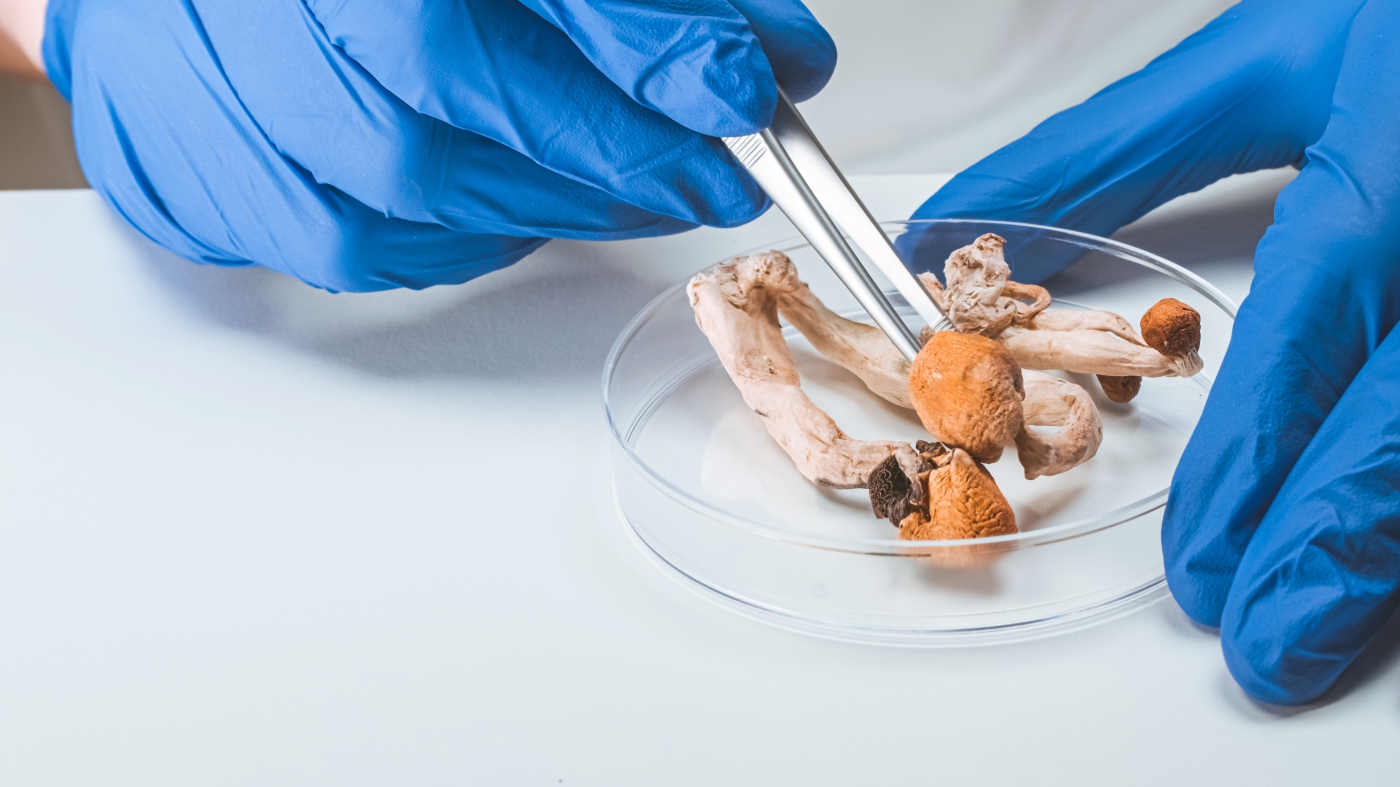In recent years, there has been a growing interest in the potential therapeutic effects of psilocybin, a naturally occurring psychedelic compound found in certain mushrooms, particularly those belonging to the genus Psilocybe. One area of significant exploration is the use of psilocybin in treating treatment-resistant depression (TRD), a condition that poses a significant challenge for conventional antidepressant treatments. This article delves into recent studies investigating the use of psilocybin in addressing TRD and explores the potential mechanisms of action underlying its antidepressant effects.
Psilocybin and Treatment-Resistant Depression:
Treatment-resistant depression refers to a condition where individuals do not respond adequately to standard antidepressant medications and psychotherapeutic interventions. In recent years, researchers have turned their attention to psychedelic substances, including psilocybin, as potential breakthroughs in the treatment of TRD.

- Clinical Studies and Findings:
- Numerous clinical trials have been conducted to examine the safety and efficacy of psilocybin in individuals with treatment-resistant depression. One of the most notable studies is the one conducted by the Imperial College London, which demonstrated promising results in terms of rapid and sustained antidepressant effects following psilocybin-assisted therapy.
- Mechanisms of Action:
- The exact mechanisms by which psilocybin exerts its antidepressant effects are still being elucidated, but several hypotheses have been proposed:
- Neuroplasticity: Psilocybin may promote neuroplasticity, the brain’s ability to reorganize itself by forming new neural connections. This process is crucial for learning and memory and may play a role in alleviating depressive symptoms.
- Default Mode Network (DMN) Modulation: Psilocybin is believed to alter the activity of the DMN, a network of brain regions associated with self-referential thoughts and mind-wandering. Dysregulation of the DMN has been implicated in depression, and psilocybin’s modulation of this network may contribute to its therapeutic effects.
- Serotonin Receptor Activation: Psilocybin primarily acts on serotonin receptors in the brain, particularly the 5-HT2A receptor. The interaction with these receptors is thought to influence mood, cognition, and perception, with potential implications for depression.
- Safety and Legal Considerations:
- While the preliminary findings are promising, it is essential to acknowledge safety concerns and legal considerations associated with the use of psilocybin. Research studies are conducted in controlled environments with trained professionals, and the unsupervised use of psilocybin is not recommended due to potential risks.
Conclusion:
The exploration of psilocybin as a treatment for treatment-resistant depression represents a paradigm shift in psychiatric research. The preliminary findings from clinical studies suggest that psilocybin-assisted therapy may offer a novel and effective approach for individuals who have not responded to traditional antidepressant treatments. However, further research is needed to better understand the long-term effects, optimal dosages, and potential risks associated with psilocybin use. As the field continues to evolve, the integration of psychedelic-assisted therapies into mainstream psychiatry may hold promise for transforming the landscape of depression treatment.
